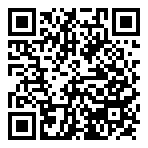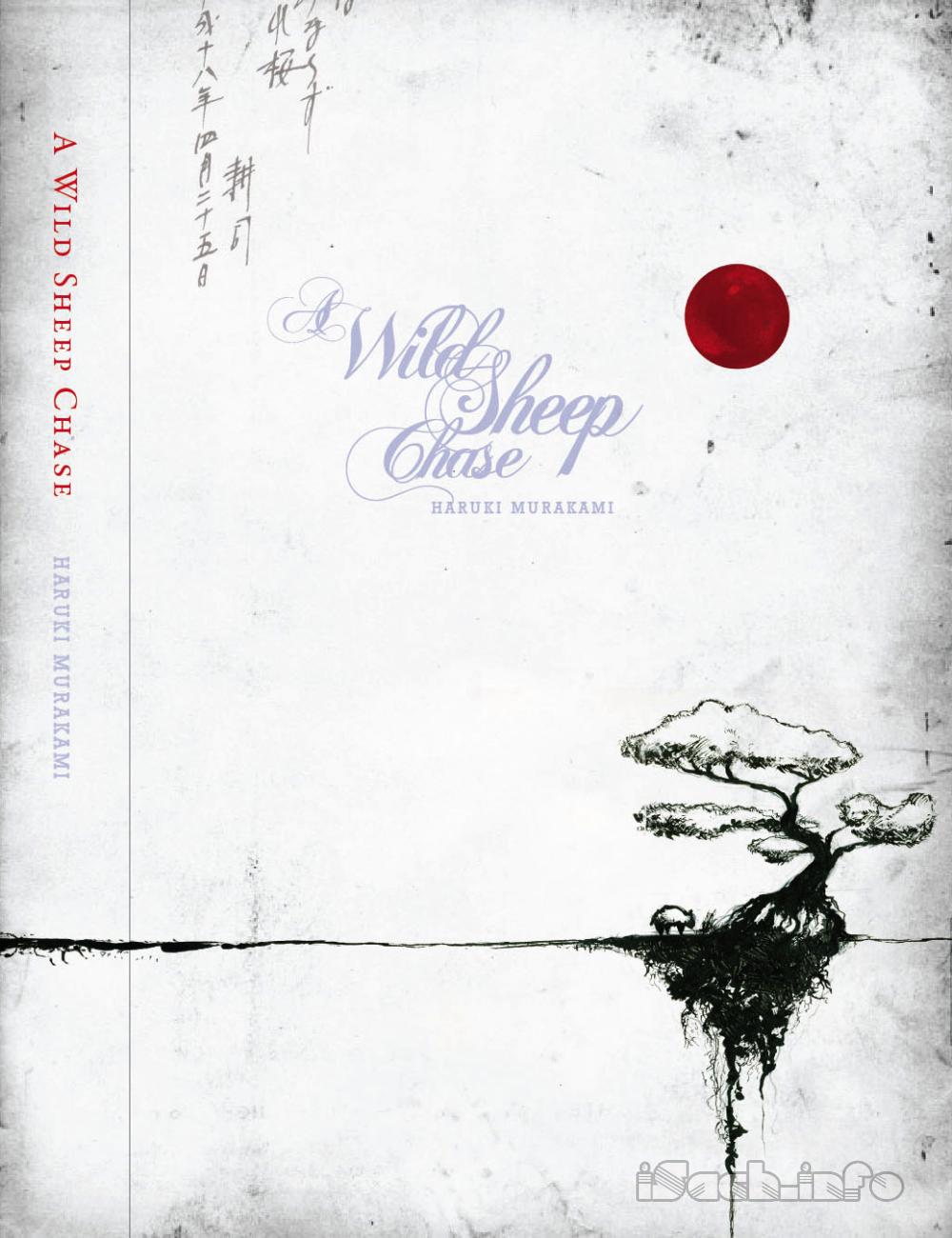Chapter 9: “The Boss”
“T
hat’s the size of it,” said my partner.“I can’t make head or tail of it,” said I, an unlit cigarette at my lips. “First of all, I have no idea who the person on the name card is. Second, I can’t imagine why he would get so upset about a photo of sheep. And last, I don’t understand how he could put a stop to a publication of ours.”
“The person on the name card is a major right-wing figure. His name and face are almost never publicized, so he’s not widely known, but you’re probably the only one in our line of work who doesn’t know who he is.”
“Dumb to the world, that’s me,” was my feeble excuse.
“He’s right wing, but not the so-called right wing. Or you could say, not even right wing.”
“You’re losing me.”
“The truth of the matter is no one knows what he thinks. He has no writings to his name, doesn’t make speeches in public. He never gives interviews, is never photographed. It’s not even certain he’s alive. Five years back, a magazine reporter got a scoop implicating him in some shady investment deals, but the story never saw the light of day.”
“Been doing your homework, I see.”
“I knew the reporter personally.”
I picked up the lighter and lit my cigarette. “What’s the reporter doing nowadays?”
“Got transferred to administration. Files forms morning to night. Mass media is a surprising small world, and he made a fine example. Like a skull posted at the entrance to an African village.”
“Gotcha,” I said.
“But we do know something of the man’s prewar background. He was born in Hokkaido in 1913, came to Tokyo after graduating from normal school, changed jobs repeatedly, and drifted to the right. He was imprisoned once, I believe. Upon his release, he went to Manchuria, where he fell in with the upper echelons of the Kanto Army and became party to some plot. Not much is known about the organization behind it, but he suddenly becomes a mysterious figure around this time. Rumor has it he was dealing in drugs, which may well have been true. He plundered his way all over the Chinese mainland only to board a destroyer two weeks before the Soviet troops arrived, beating a quick retreat back to Japan. In his booty—a huge, nearly inexhaustible stash of gold and silver.”
“He had, you might say, uncanny timing,” I threw in.
“For a fact. Our man had a real knack for seizing the moment. He’d learned instinctively when to go on the attack and when to withdraw. Plus his eyes were always trained on the right thing. Even when he was incarcerated by the Occupation forces as a Class A war criminal, his trial was cut short midway and never reconvened. For reasons of health, ostensibly, but the facts get a little fuzzy here. More likely, a deal was worked out with the Americans, what with MacArthur looking toward the Chinese mainland.”
My partner pulled another ballpoint pen out of the pencil tray and twirled it between his fingers.
“When he was released from Sugamo Prison, he took half his stash and put an entire faction of the conservative party on his payroll. The other half went to buying up the advertising industry. Note that this was back when advertising wasn’t anything but cheap handbills.”
“The gift of foresight. But weren’t there claims about concealment of funds?”
“Nothing of the kind. Remember he’d bought out an entire faction of the conservatives.”
“Ah.”
“In any case, he used his money to corner the market on both politics and advertising, setting up a power base that thrives to this day. He never surfaces because he doesn’t need to. So long as he keeps a grip on certain centers of political authority and on the core sectors of the public relations industry, there’s nothing he can’t do. Do you have any idea what it means to hold down advertising?”
“I guess not.”
“To hold down advertising is to have nearly the entire publishing and broadcasting industries under your thumb. There’s not a branch of publishing or broadcasting that doesn’t depend in some way on advertising. It’d be like an aquarium without water. Why, ninety-five percent of the information that reaches you has already been preselected and paid for.”
“There’s something I still don’t understand,” I said. “I follow you as far as our man having the information industries in the palm of his hand, but how does that extend to his putting the clamps on a life insurance company’s P.R. bulletin? That didn’t even pass through the hands of any major rep. That was a direct contract.”
My partner coughed, then drank down the last of his now-lukewarm barley tea. “Stocks. They’re his principal source of revenue. Manipulating the market, forcing hands, takeovers, the works. His newsboys gather all the necessary information, and he picks and chooses according to his fancy. Only a minuscule slice of what really goes on ever hits the wires. All the other news is set aside for the Boss. No overt pressuring, of course, but things do get awfully close to blackmail at times. And if blackmail doesn’t work, he sends word around to his politicos to go prime a few pumps.”
“Every company’s got to have a weak point or two.”
“Every company’s got a secret it doesn’t want exploded right in the middle of the annual shareholders’ meeting. In most cases, they’ll listen to the word handed down. In sum, the Boss sits squarely on top of a trilateral power base of politicians, information services, and the stock market. So as you can probably surmise, it’s as easy for him to rub out one P.R. bulletin and put us out of business as it is to shell a hardboiled egg.”
“Hmm, then tell me why should such a major fixture get so heated up over one landscape photo of Hokkaido?”
“A very good question,” said my partner. “I was just about to ask you the same thing.”
I could only shrug.
“So tell me, how did you know all this had to do with sheep?” my partner asked. “Is something funny going on behind my back?”
“Nameless elves out in the woods have been busy at the spinning wheel.”
“Care to run that by me again?”
“Sixth sense.”
“Give me a break,” my partner sighed. “Well anyway, let me fill you in on the latest two developments. Just to snoop around a bit, I phoned that ex-reporter at the monthly. Word has it that the Boss is down for the count with a brain hemorrhage, but it hasn’t been officially confirmed yet. The other piece of news concerns the man who came in here. He turns out to be the Boss’s personal secretary, his number two, the guy he entrusts with actually running the organization. Japanese-American, Stanford graduate, been working for the Boss for twelve years. He’s something of a mystery man himself. Undoubtedly got a head on his shoulders. That’s about all I could find out.”
“Thanks,” I said, meaning it.
“You’re welcome,” said my partner without even glancing my way.
Any way you looked at it, when my partner wasn’t drinking he was far more of a regular guy than I was. He was more innocent and more considerate and more organized in his thinking. But sooner or later he’d get himself drunk. Not a comforting thought: that my betters could fall to pieces before me.
As soon as my partner left the room, I pulled the whiskey bottle out of his drawer and had myself a drink.



 ePub
ePub A4
A4